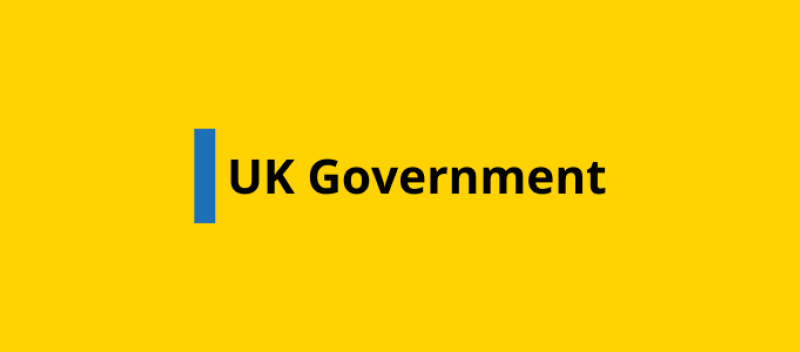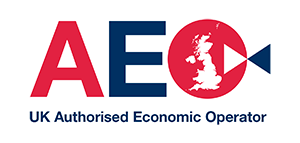
The common user charge will be introduced on 30 April 2024 for commercial movements of animal products, plants and plant products through the Port of Dover and Eurotunnel. The charge applies to:
- imports entering Great Britain
- transits entering and leaving Great Britain
As part of changes to import controls under the Border Target Operating Model (BTOM), from 30 April 2024 the common user charge will apply to commercial imports entering or transiting through Great Britain through the Port of Dover and Eurotunnel from all countries.
For information on why the government is introducing the charge, read the government response to the consultation on charging arrangements at government-run border control posts.
When the charge will apply
From 30 April 2024, you will need to pay the common user charge if you are a UK business importing a consignment of goods that:
- enters or transits through Great Britain through the Port of Dover or Eurotunnel
- is eligible for sanitary and phytosanitary (SPS) checks at a government-run border control post (BCP) in England
The charge will apply even if the authorities do not select your consignment for SPS checks.
Participants of the Accredited Trusted Trader Scheme (ATTS) pilot will need to pay the common user charge on imports which are eligible for SPS checks at a government-run BCP. We will review the position as the scheme is developed further.
When the charge will not apply
You will not need to pay the common user charge for:
- low-risk plants and plant products – if these goods are pre-notified on IPAFFS, you may still be charged
- plants and plant products checked at an inland control point instead of a government-run BCP
- plants and plant products moving from one country to another and transiting through Great Britain (this is known as ‘using Great Britain as a landbridge’) – if these goods are pre-notified on IPAFFS, you may still be charged
- goods for personal use you’re bringing on Eurostar or Dover Ferry passenger services
Participants of the Authorised Operator Status (AOS) pilot for plants and plant products will not need to pay the common user charge provided SPS checks take place at an inland control point.
How the charge will be calculated
If your goods are eligible, the common user charge will apply to each commodity line in a common health entry document (CHED). It will apply to separate commodity lines even if they share the same commodity code.
The maximum charge for one CHED will be limited to 5 commodity lines, even if there are more than 5 commodity lines present in the CHED.
A CHED is an import notification you submit on the import of products, animals, food and feed system (IPAFFS) to notify authorities in Great Britain about your import. A commodity line is a quantity of goods entered as a separate line item in a CHED.
Common user charge rates
The following rates will be charged for each commodity line in a CHED.
Commodity type: Low-risk products of animal origin (POAO)
- Imports - £10 per commodity line
- Transits - £10 per commodity line
Commodity type: Medium-risk POAO
- Imports - £29 per commodity line
- Transits - £10 per commodity line
Commodity type: High-risk POAO
- Imports - £29 per commodity line
- Transits - £10 per commodity line
Commodity type: Low-risk plants and plant products
- Imports - no common user charge
- Transits - no common user charge
Commodity type: Medium-risk plants and plant products
- Imports - £29 per commodity line
- Transits - no common user charge
Commodity type: High-risk plants and plant products
- Imports - £29 per commodity line
- Transits - no common user charge
The maximum charge for one CHED will be limited to 5 commodity lines, even if there are more than 5 commodity lines present in the CHED. This means that medium and high-risk CHEDs will be capped at £145. Low-risk POAO CHEDs and POAO transits will be capped at £50.
VAT will not be added.
Defra will review and update rates annually.
Defra is developing the common user charge rates for live animals separately and will publish the rates before implementing them.
Other charges
The common user charge will be in addition to any inspection fees applied by the:
- port health authority (for products of animal origin)
- Animal and Plant Health Agency (for plants and plant products)
There will be additional charges for failing to comply with paying the common user charge. Read the ‘compliance with paying the charge’ section below.
Billing
From 30 April 2024, if you import eligible consignments, you (or your UK-based customs agent, if they import consignments on your behalf and are subject to Delegation of Authority) will be liable to pay the common user charge.
Defra will issue an invoice monthly in arrears. The first invoices will be issued no sooner than 12 weeks after 30 April 2024.
Compliance with paying the charge
We will put in place measures to deter late payment and payment avoidance, including charges for late payment.
We’ll publish further information on compliance measures before the first invoices are issued.
How common user charge rates have been set
Rates for the common user charge have been set by calculating the estimated annual operating costs at government-run BCP facilities and dividing this by the estimated annual number of SPS commodity lines that enter through Port of Dover and Eurotunnel.
Operating costs include:
- business rates
- costs associated with administering the charge
- costs associated with payment collection
- maintenance costs
- sewerage costs
- site operator costs
- site management costs
- utilities costs
UK Government








